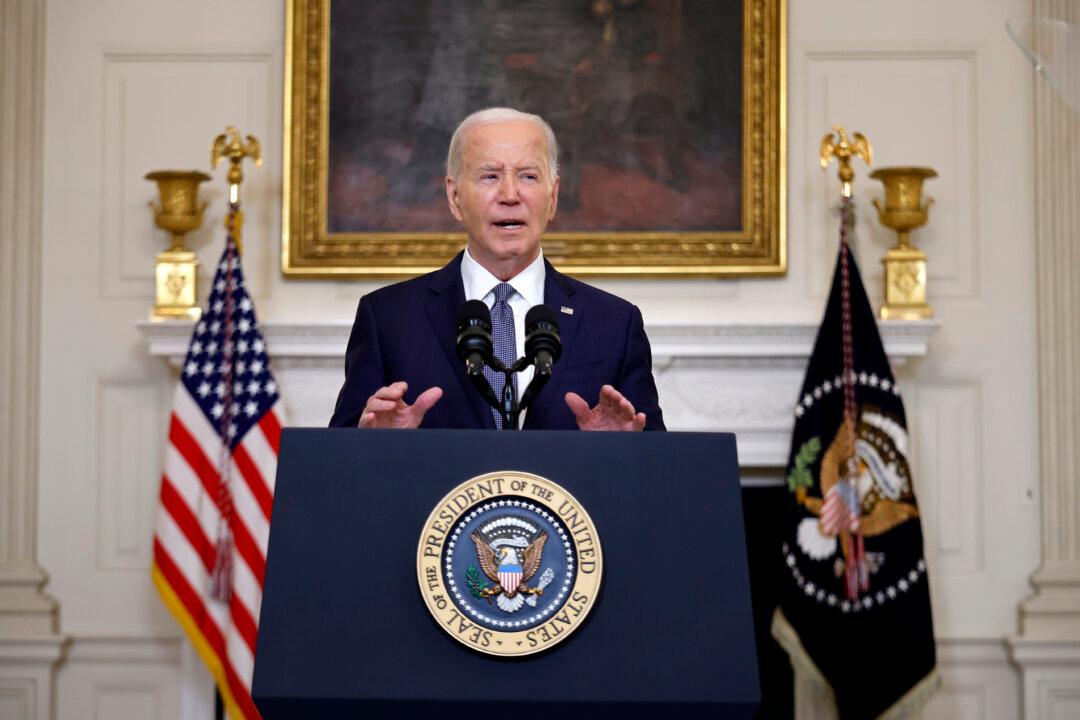President Joe Biden will appear on Ohio’s general election ballot this fall and foreign nationals will be banned from contributing to state ballot campaigns after the Ohio Senate approved bills on May 31 that now head to Gov. Mike DeWine’s desk.
The measures passed during a rare special session one day after they were authorized by the Ohio House.





